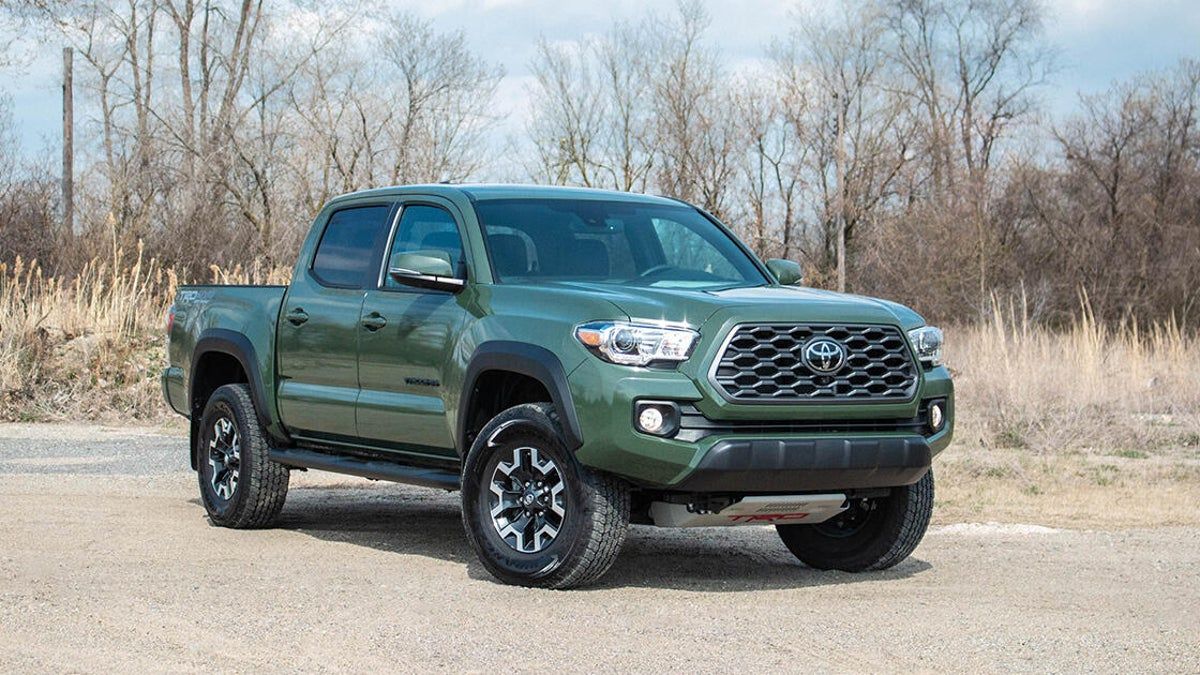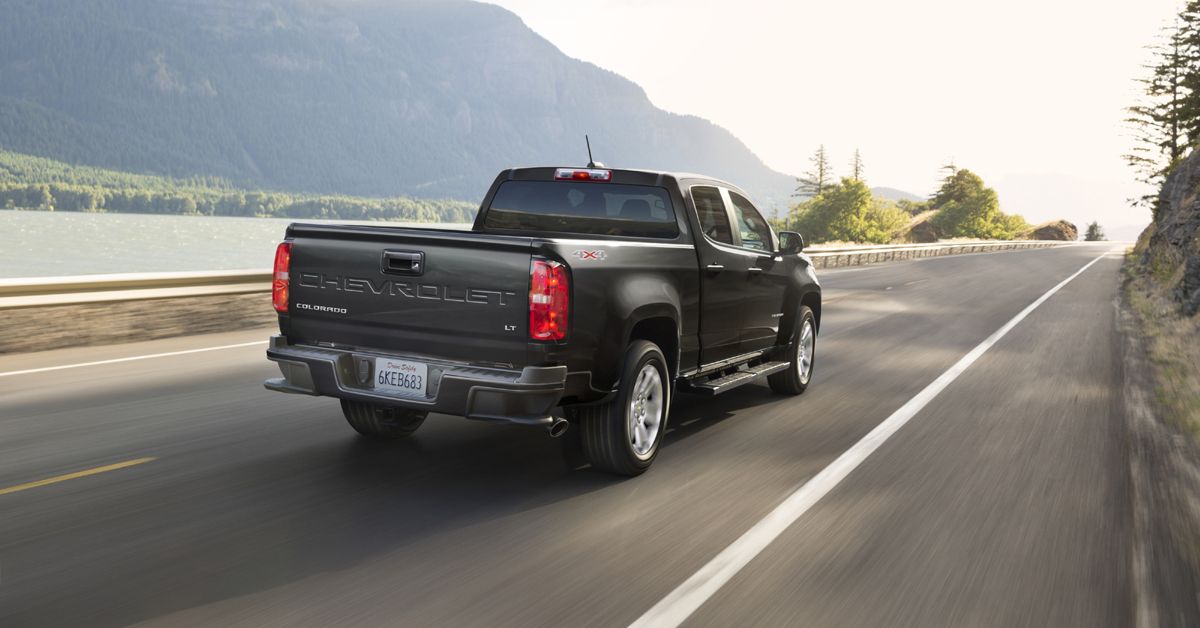America's love story with pickup trucks dates back to Ford's revolutionary Model T Runabout, the first factory-built pickup that eventually put untold numbers of horses out of work in the early 1920s. For a long time, pickup trucks were the essential transport embraced only by tradespeople and farmers. However, they have since blossomed to become the personal transportation of millions of individuals and families. According to a car study conducted by iSeeCars, pickup trucks were the most popular vehicles in 2021 for both new and used car shoppers, picking up the top three spots in each category.Although it's not entirely surprising how popular pickup trucks have become, the mind-boggling concern is the ridiculous myths that people still believe about them. Whereas some myths have been busted over the years, others have lingered a lot longer, and people remain adamant about them. What's even worse, some myths have emerged in recent years as pickup trucks evolve to match modern lifestyles and trends. We delved into some of these opinions, and here are the most ridiculous ones that people still believe about pickup trucks.
10 Myth: Pickup Trucks Are Not Suitable For Racing
Pickup trucks are built big, heavy, and powerful from the factory, but some people are not convinced that they are suitable for racing. Whereas critics point out the poor weight distribution and low power-to-weight ratio as the most significant setbacks, the NASCAR Camping World Truck Series has consistently proven that production pickup trucks with the proper modification can make good racing cars.
Of course, it makes more sense to pick a muscle car over a pickup truck for a day out on the drag strip, but that doesn't mean it's impossible to tune a pickup truck for legitimate drag racing. Provided you know what is required, a slammed and well-modified pickup truck could easily embarrass any other vehicle type in a fair race.
9 Myth: Pickup Trucks Are Awkward In Urban Settings
Pickup trucks were predominantly utilized on work sites and up-country settings for the longest time, and most people share concerns about driving them in urban places. Significant issues include maneuverability in traffic, safety in the ever-shrinking urban spaces, and the available garage space in urban homes.
Luckily, automakers now build city-friendly models with everyday urban drivers in mind, equipping them with better handling, innovative driver-assist technologies, and backing cameras. Furthermore, the compact pickup truck segment has a better variety of models with ample cargo space, spacious cabins, and impressive towing capabilities to suit urban places.
8 Myth: A Pickup Truck Can Go Anywhere With Four-Wheel Drive
Four-wheel-drive systems in modern pickup trucks come in several configurations: full-time, part-time, on-the-fly shifting, manual shift, and fully automatic. There are specific requirements for each four-wheel-drive system, indicating how to engage and disengage and when to operate in each 4WD mode.
Although 4WD can be beneficial in tackling difficult driving conditions, it can also be dangerous in some situations or destroy the drivetrain when utilized wrongly. It doesn't improve handling on snow-covered roads and slick ice, nor stability in turns, nor help you brake better. For effective use of 4WD, every driver needs to refer to the vehicle manual for guidelines and make inquiries from the dealer during purchase.
7 Myth: Pickup Trucks Are Safer Than Passenger Cars
Pickup trucks have become popular because they offer versatility that otherwise lacks in SUVs and sedans. However, the large size and high riding position also lead many people to believe that pickup trucks are safer in a collision. The weight and size makes trucks safer in instances like head-on collisions, but other factors make them dangerous in some accidents types.
Although automakers have included several driver-assistance features in modern trucks, they still rank lower in handling and side crash test results than passenger cars. According to the IIHS evaluations, only the Hyundai Santa Cruz, Ford F-150, and Ram 1500 featured in their 2021 top safety picks, a relatively limited number compared to passenger cars.
6 Myth: Pickup Trucks Are Not Fuel Efficient
We've all read and heard that pickup trucks rank among the worst offenders whenever a debate on gas mileage comes up. Indeed, pickups are heavy vehicles that consume more, but they do more work. Pickup trucks get singled out sometimes because people use them inefficiently. Solutions such as making the right choice of pickup based on workload to avoid making multiple trips, or avoiding big pickup trucks for simple commute purposes could alleviate the concerns.
Furthermore, engine technology has come a long way, and automakers are putting out more hybrids with advanced fuel economy technology. And with EVs like the Ford F-150 Lightning, GMC Hummer, and Chevrolet Silverado already on the market, the entire pickup truck landscape could change.
5 Myth: Diesel Pickup Trucks Are Always Better Compared To Gasoline Models
One of the biggest headaches when buying a new pickup truck is deciding between diesel and gasoline engines. Diesel engines have an advantage since they typically last longer than gas engines, command higher resale value, offer better fuel efficiency, and are better for towing.
Despite these pros, diesel engines are not always the best choice, dependent on how you plan to use the truck. Gas engines are generally lighter, offering a higher payload capacity for hauling, better off-road performance, and cheaper maintenance for trucks intended exclusively for short runs.
4 Myth: The Bigger The Truck, The Better
Some people buy pickup trucks to keep up with the trends, while others legitimately need them for work. Regardless of the purpose, it's not uncommon for new truck buyers to want the biggest, most powerful truck they can afford. But bigger is perhaps not always better.
It's essential to purchase a pickup truck variation that fits your lifestyle and purpose because overestimating the size of a pickup comes with some challenges. Compared to mid-size pickup trucks, full-size variants are more expensive, less fuel-efficient, have poorer handling, have harsher ride comfort, are more challenging to get in and out of, and offer less maneuverability. And when you progress up another level to heavy-duty trucks, these differences become even more pronounced.
3 Myth: All Pickup Trucks Can Handle Heavy Workloads
Pickup trucks are versatile and heavy with a solid backbone, and their popularity comes primarily from their ability to haul and tow heavier loads than other vehicle types. Unfortunately, some people overestimate pickup truck capabilities and get tempted to do it all, pushing their limits beyond the towing and payload ratings.
Most advertised payload and towing numbers don't include options such as truck caps, air suspension, bed tool boxes, spray-in bed liners, and bigger wheels, all of which offset the pickup truck's capabilities. Exceeding a pickup truck's gross vehicle weight rating and gross combined weight rating is risky since it won't steer or brake properly, tires might give in during the trip, and the drivetrain could experience extra wear and tear.
2 Myth: Pickup Trucks Are Not Worth The Expense
The starting price of a heavy-duty pickup truck is $35K to $100K, $30K to $80K for a full-size pickup truck, and $20K to $60K for a mid-size variant. These figures indicate trucks are more expensive than cars, and ordinary people are priced out of buying one. But are they worth the expense?
Today, pickup trucks are more advanced than a decade ago, boasting additional interior technology, excellent fuel efficiency features, better safety standards, new aluminum body panels, bigger wheels, and, best of all, maximized towing capacity. Pickup trucks are more versatile, durable, practical, robust, and powerful than cars, not forgetting they also function as family haulers. They may be more expensive, but they make a case for themselves by bringing a lot to the table.
1 Myth: A Pickup Truck Is A Bad Investment
For most people, the term investment pertains to the cost of a product and money, but we also need to think of it as something that can be useful for a long time. For starters, a pickup truck is built for work and hauling loads, and it becomes a bad investment if it has nothing to do with how you intend to use it.
But if a pickup truck is put to great use, the heavy-duty build and strong engines ensure it handles hard work and lasts for a long time. Automakers build pickup trucks purposely for longevity and durability, and theoretically, they will run smoother for longer than cars.

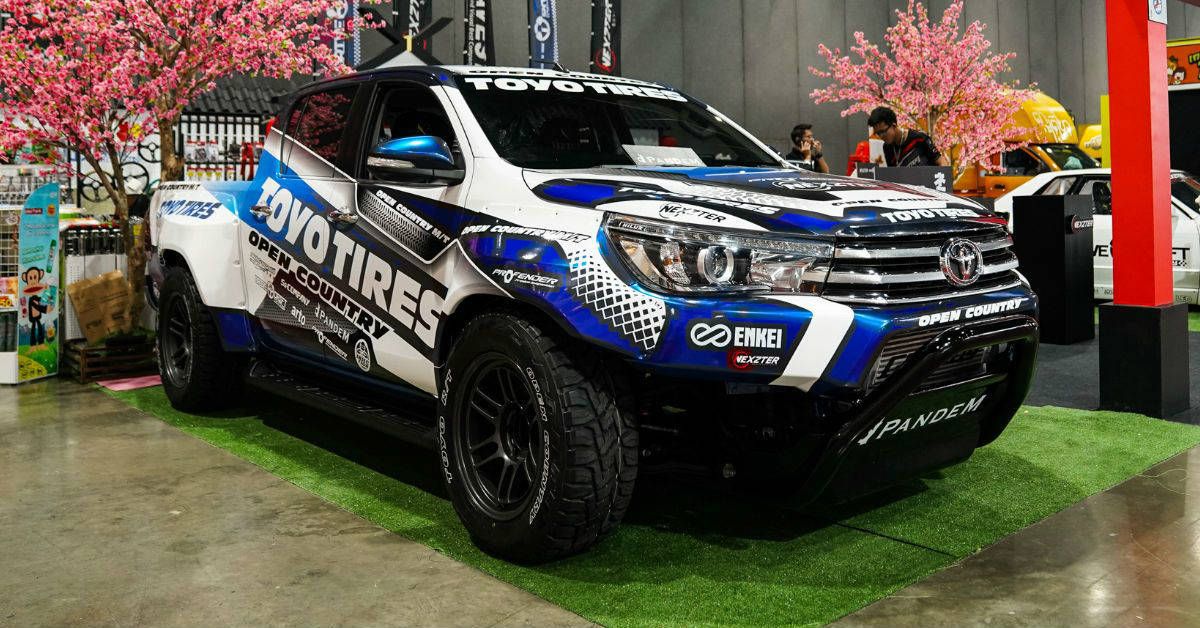
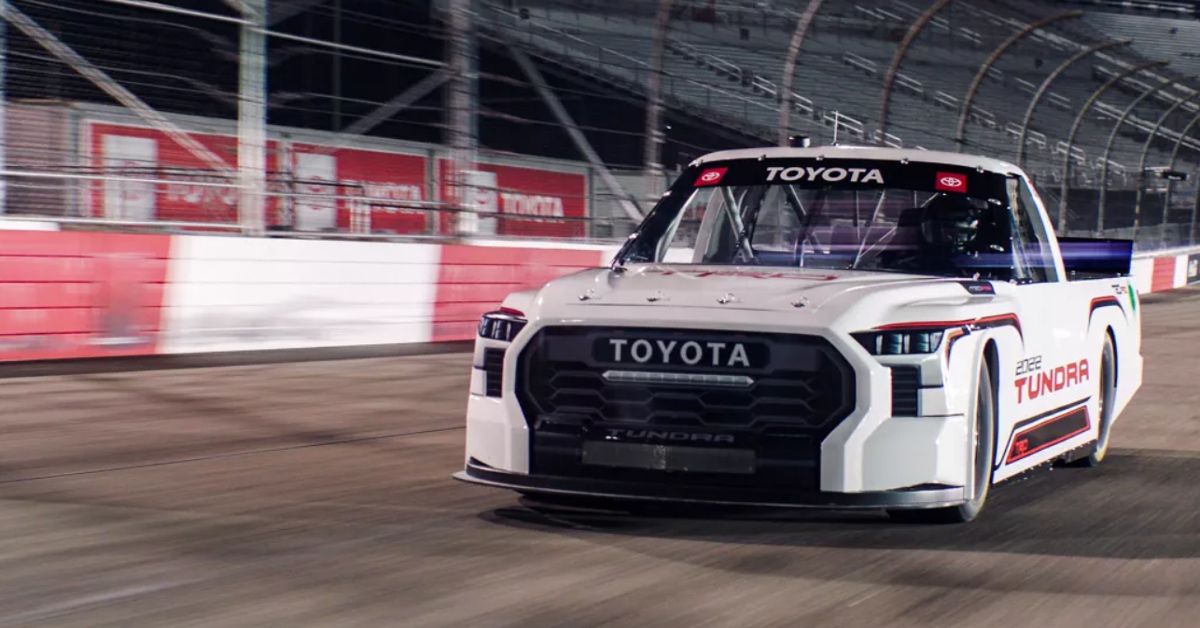
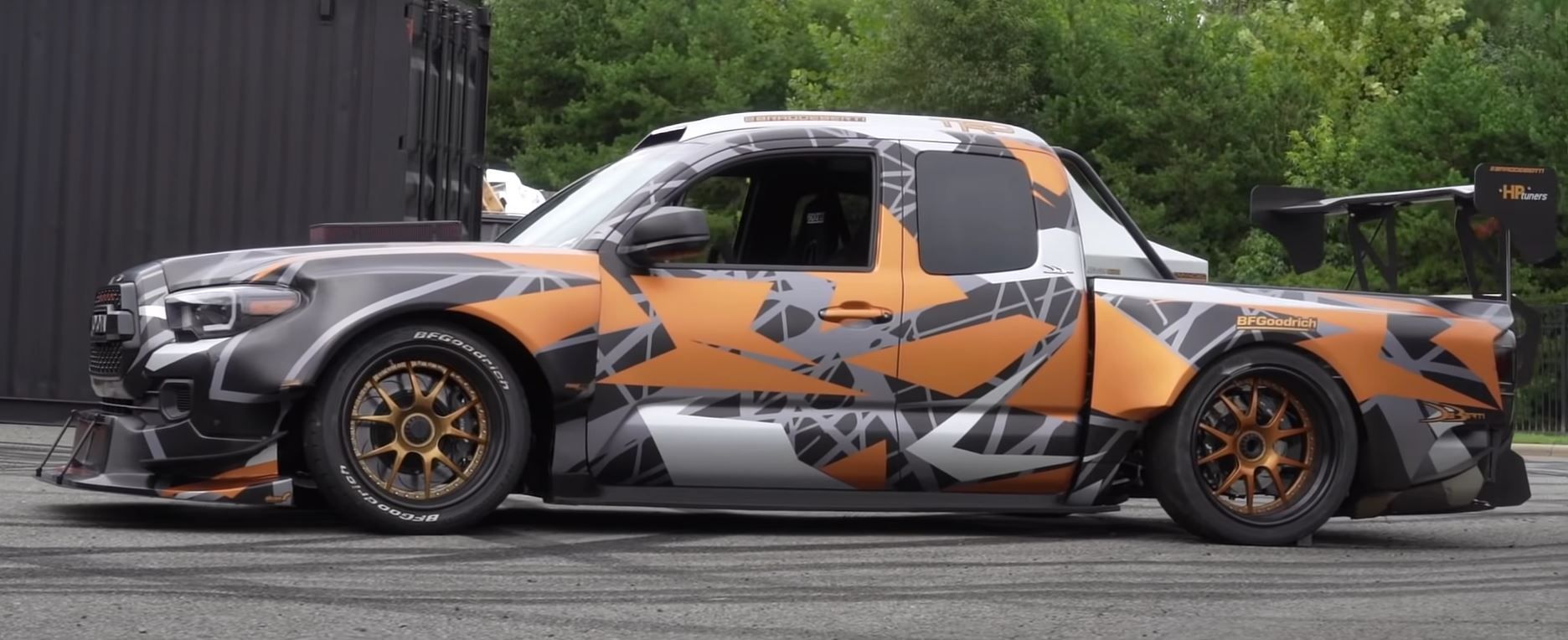
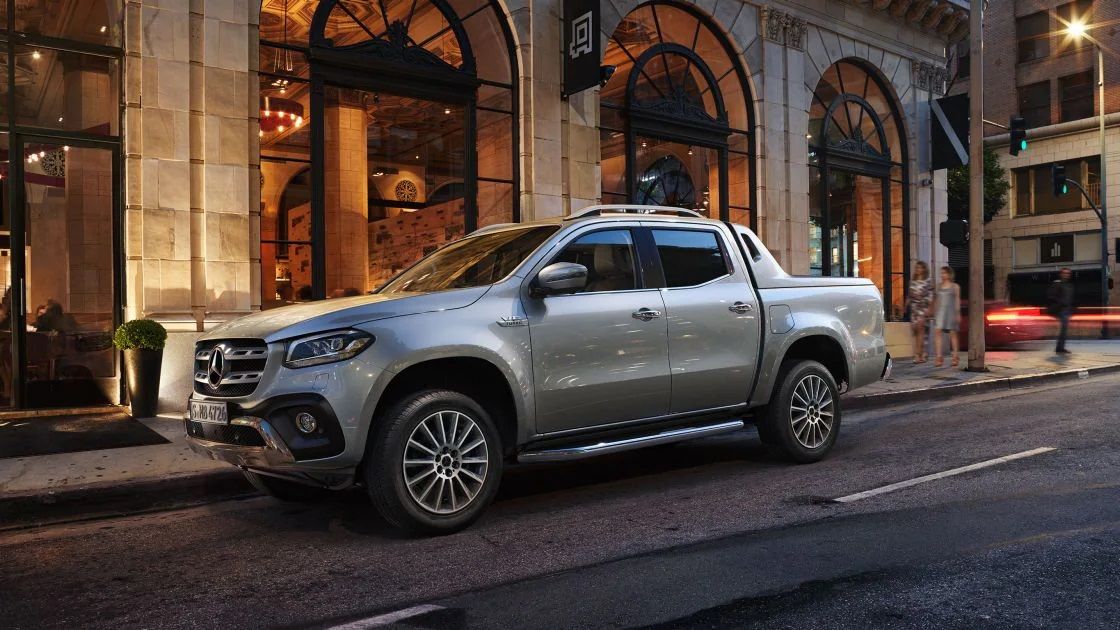
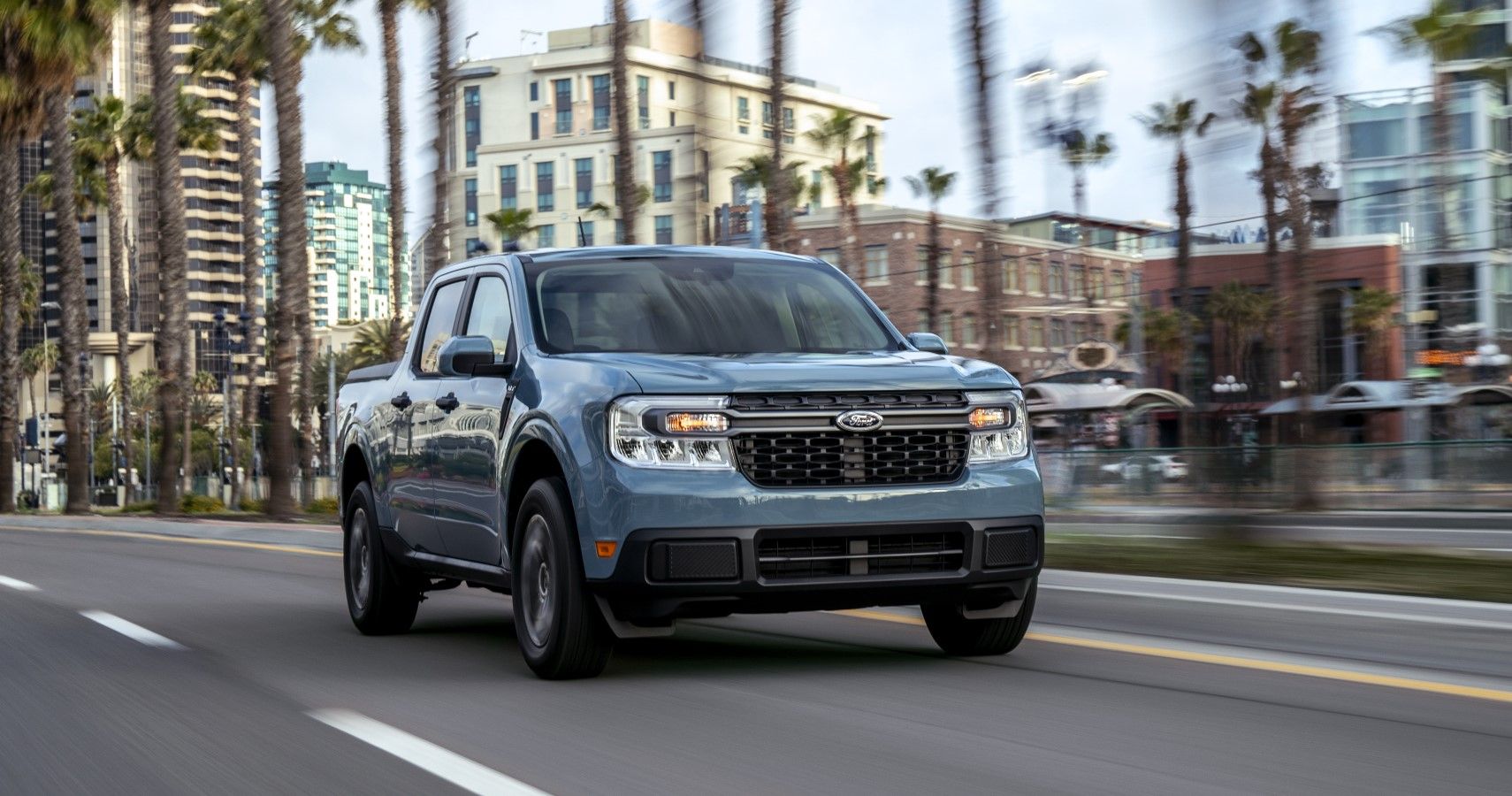
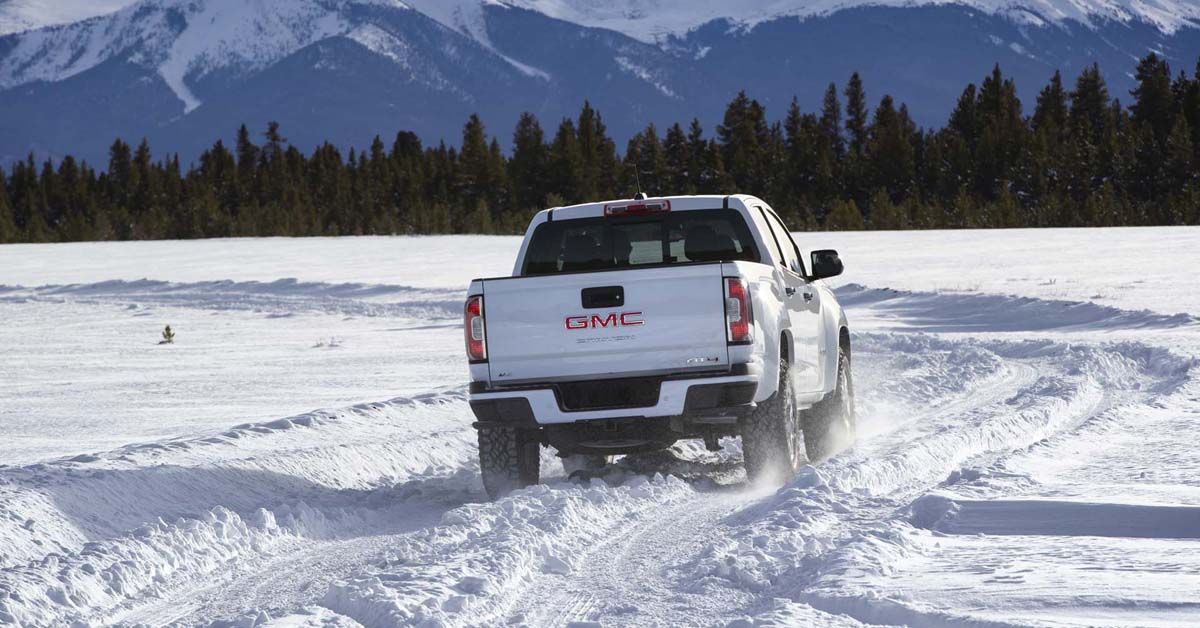
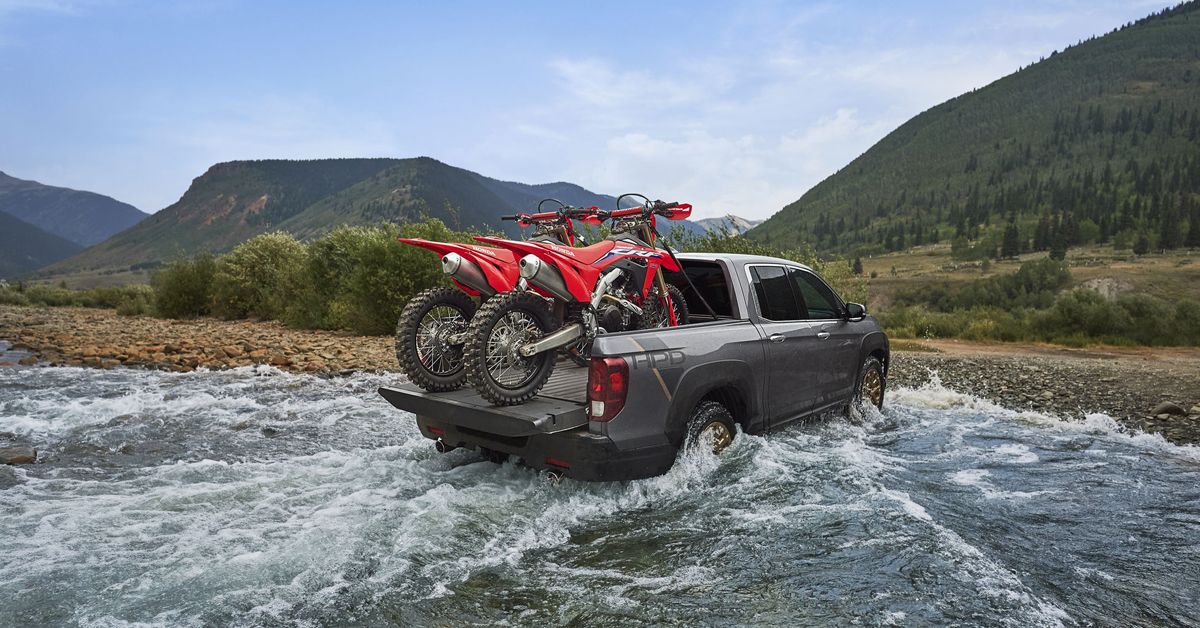
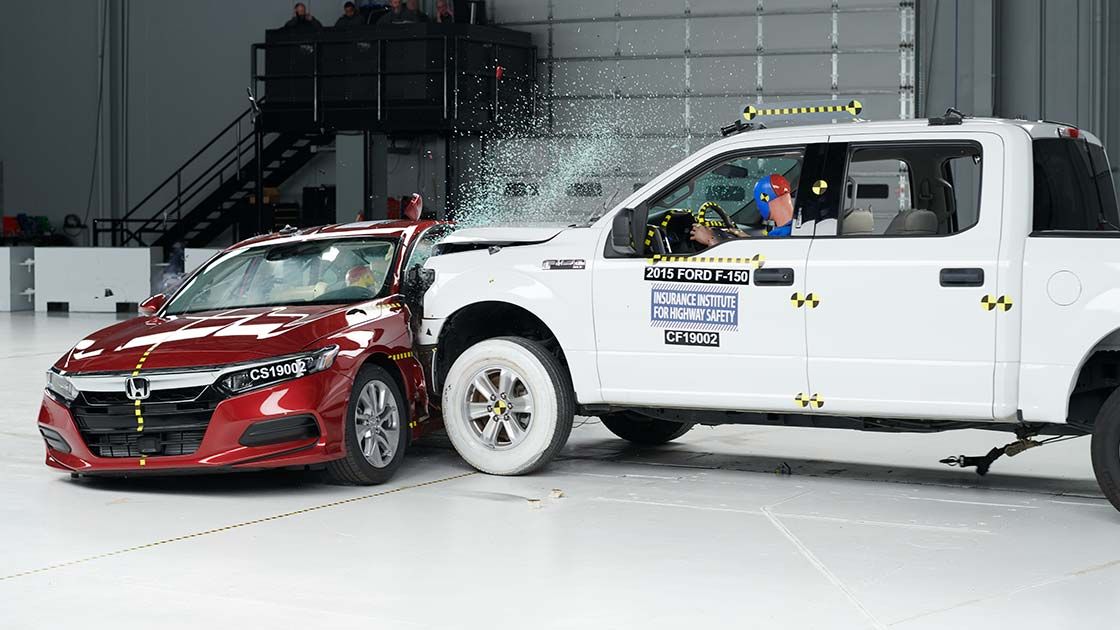
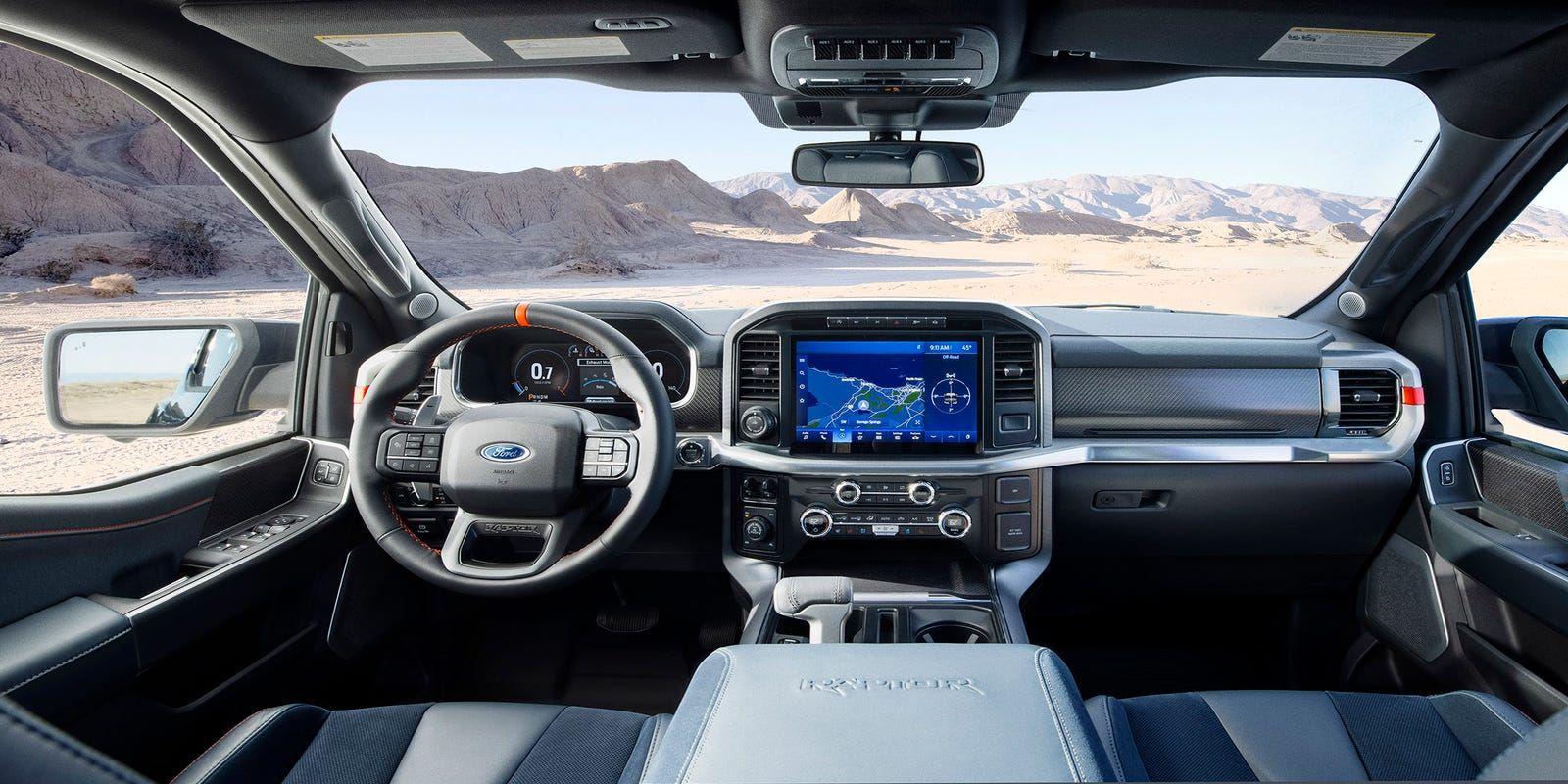
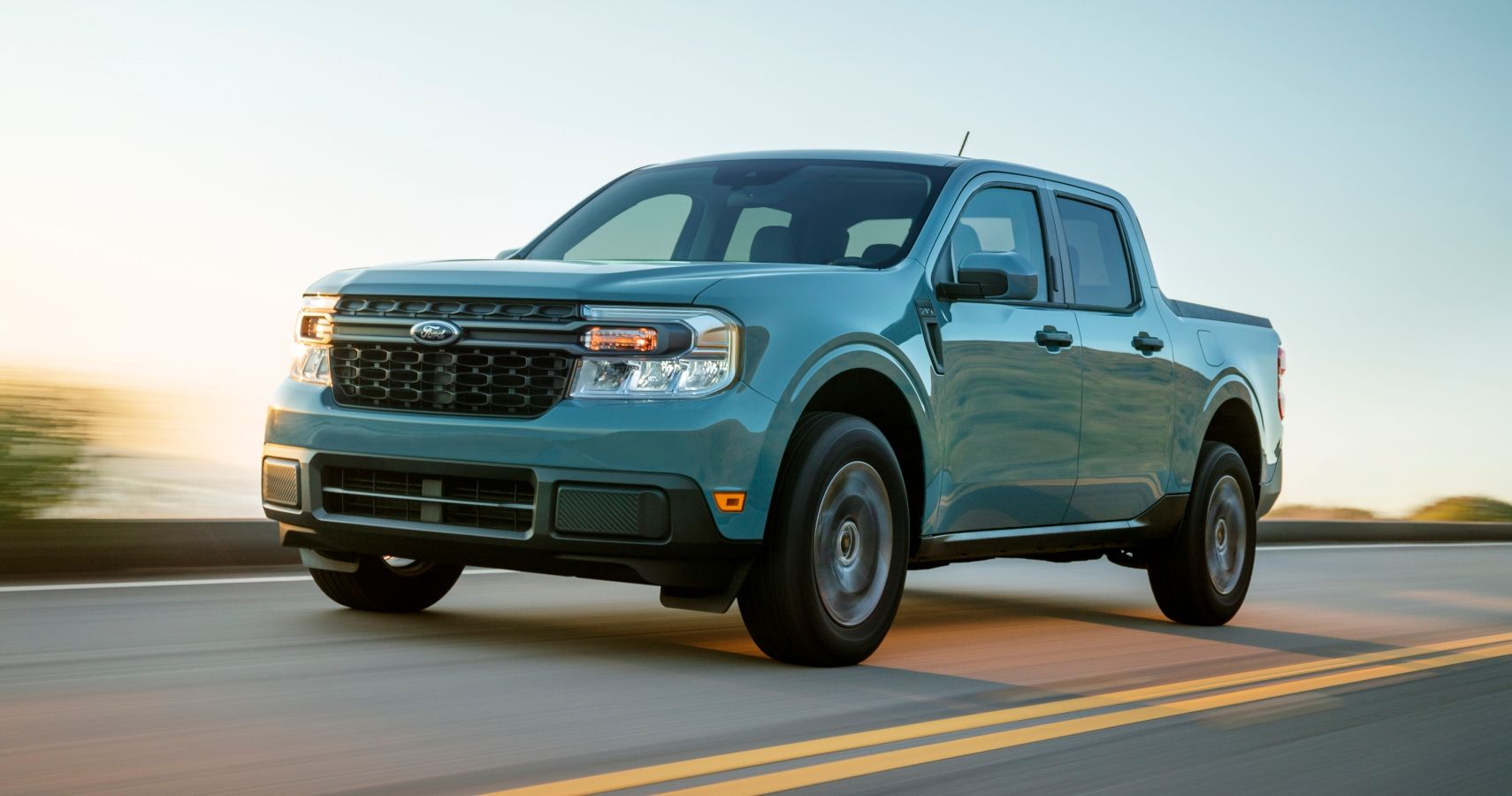
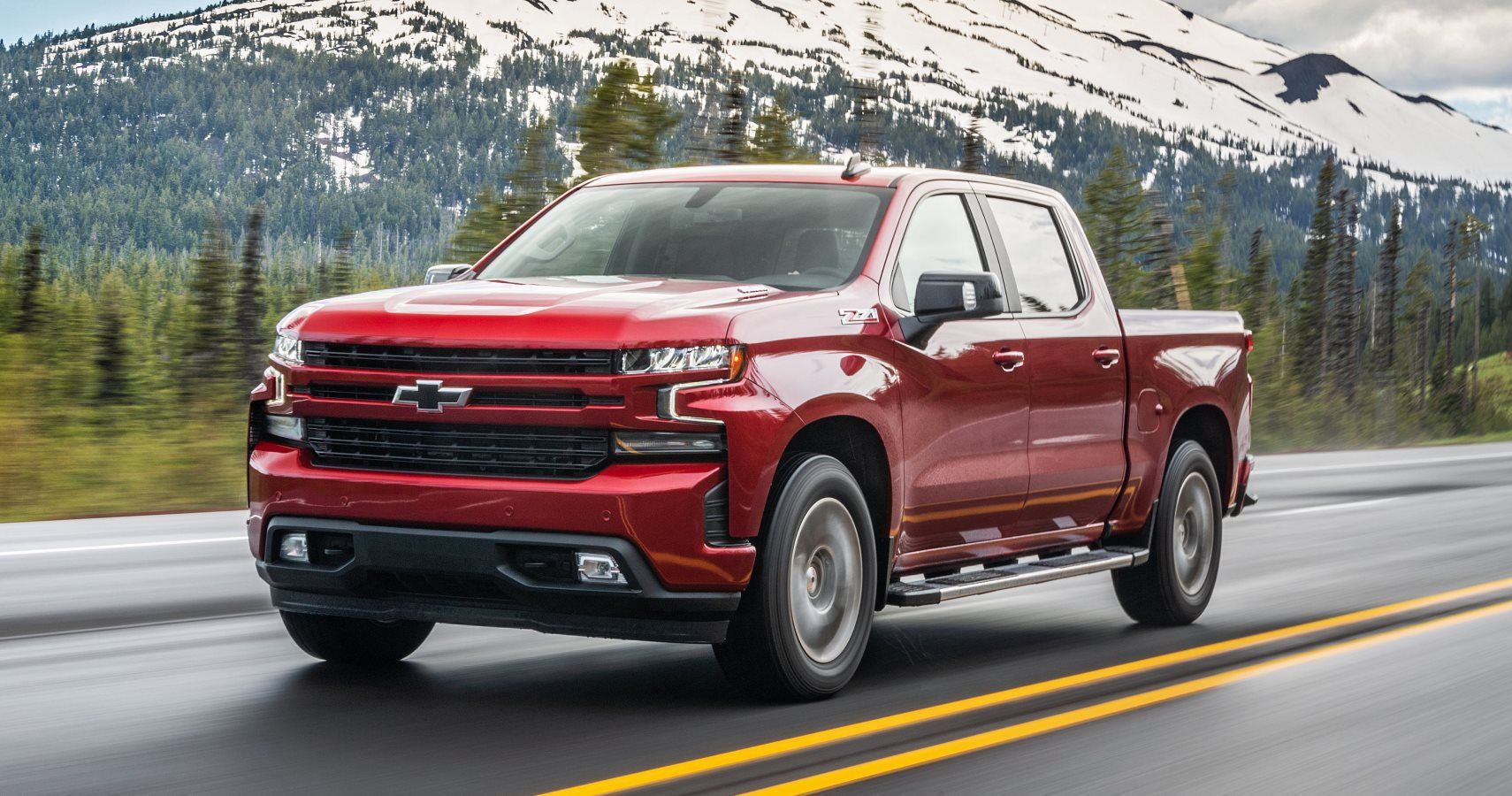
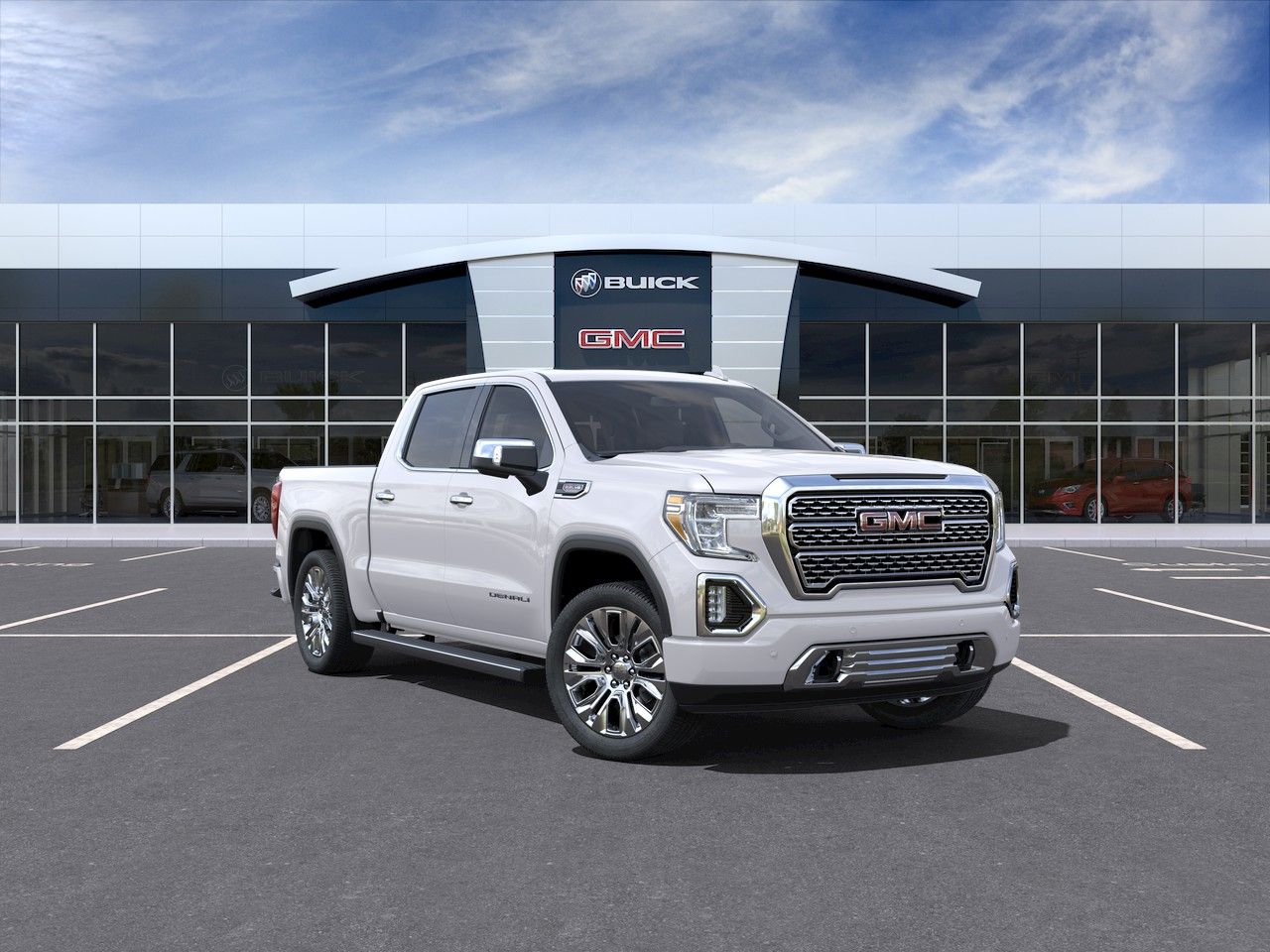
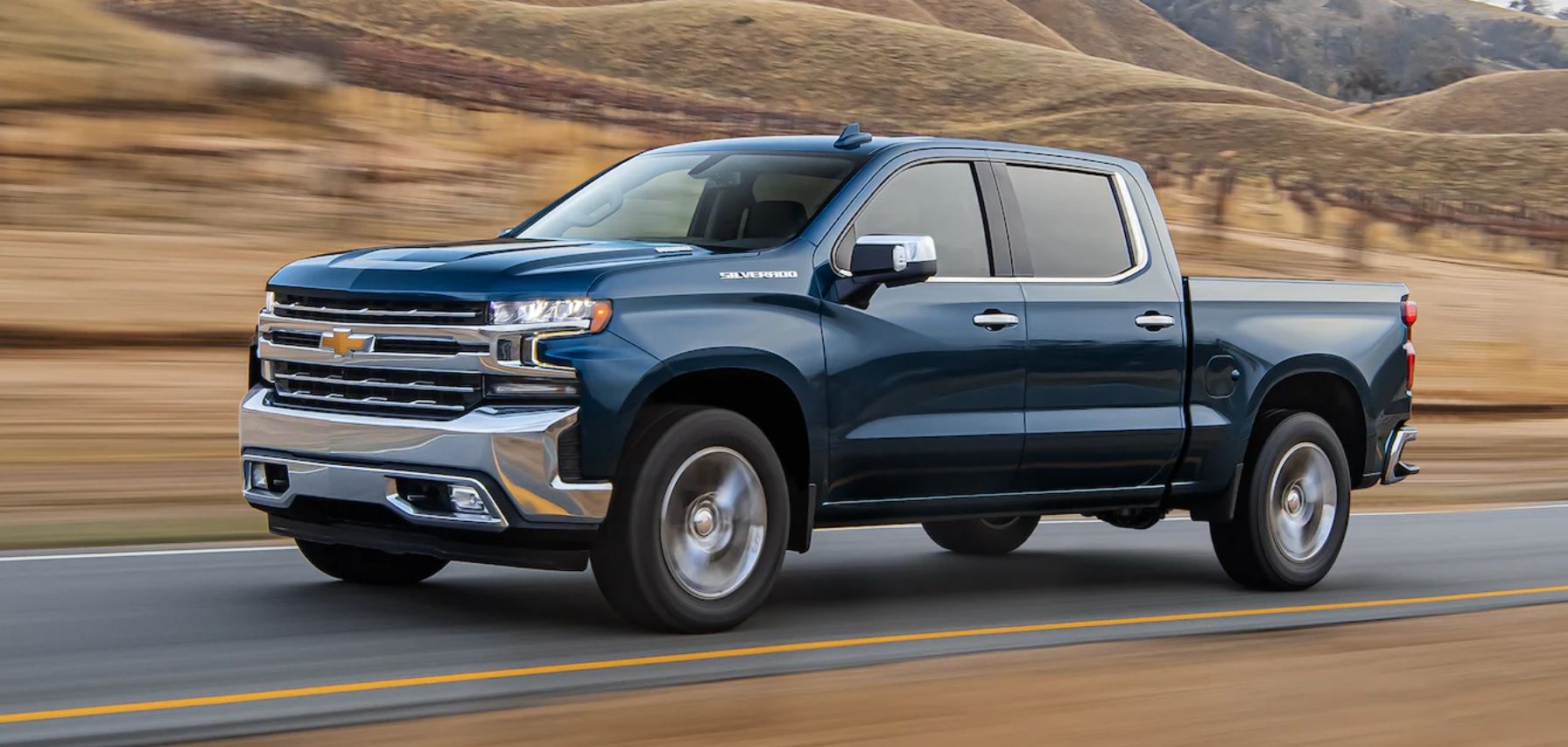

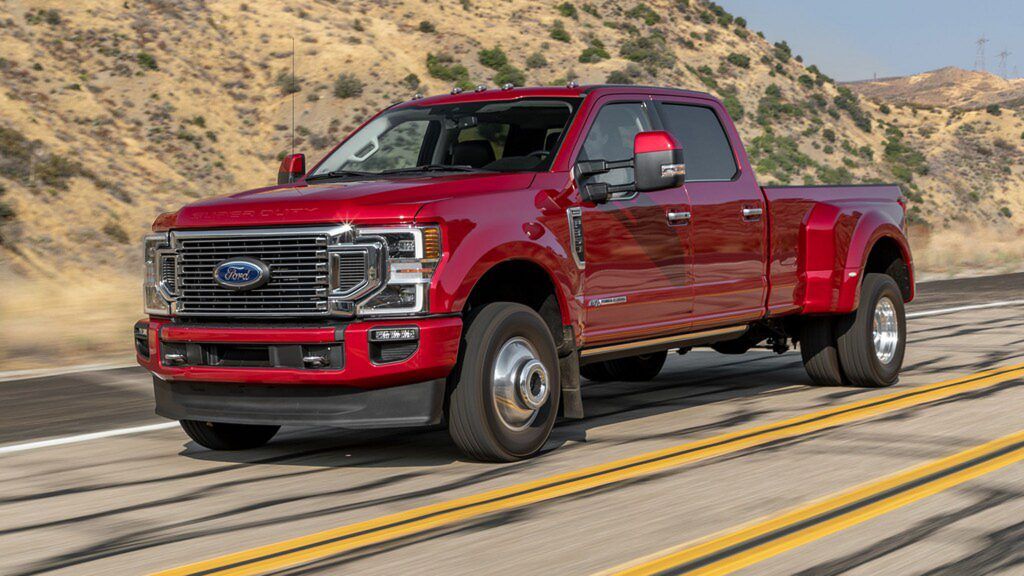
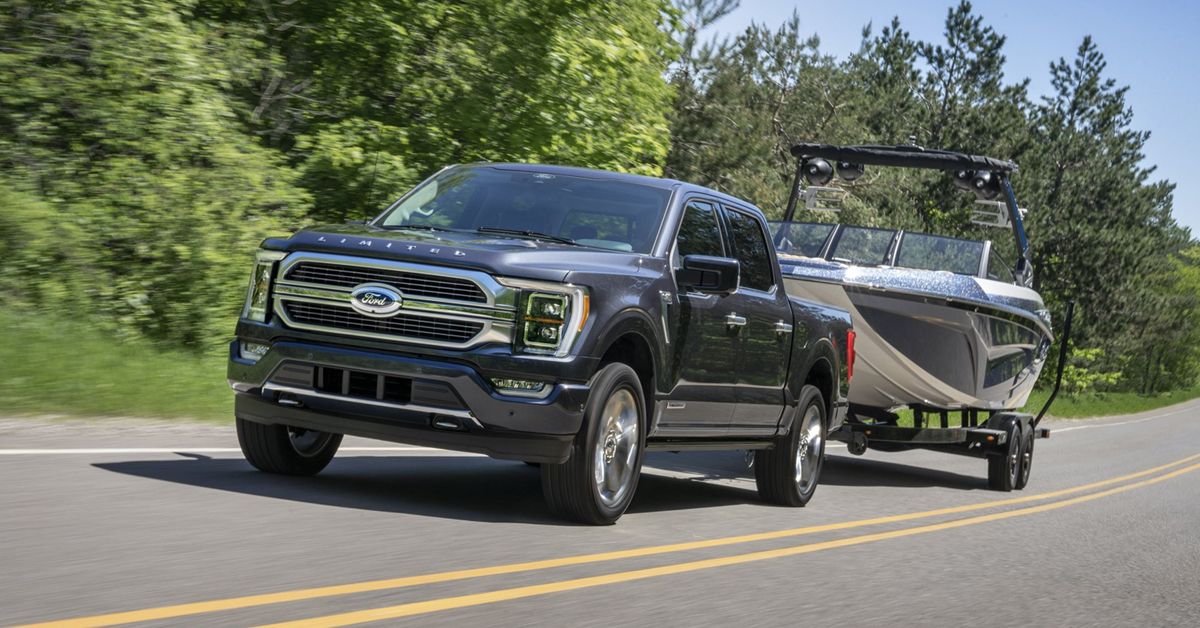
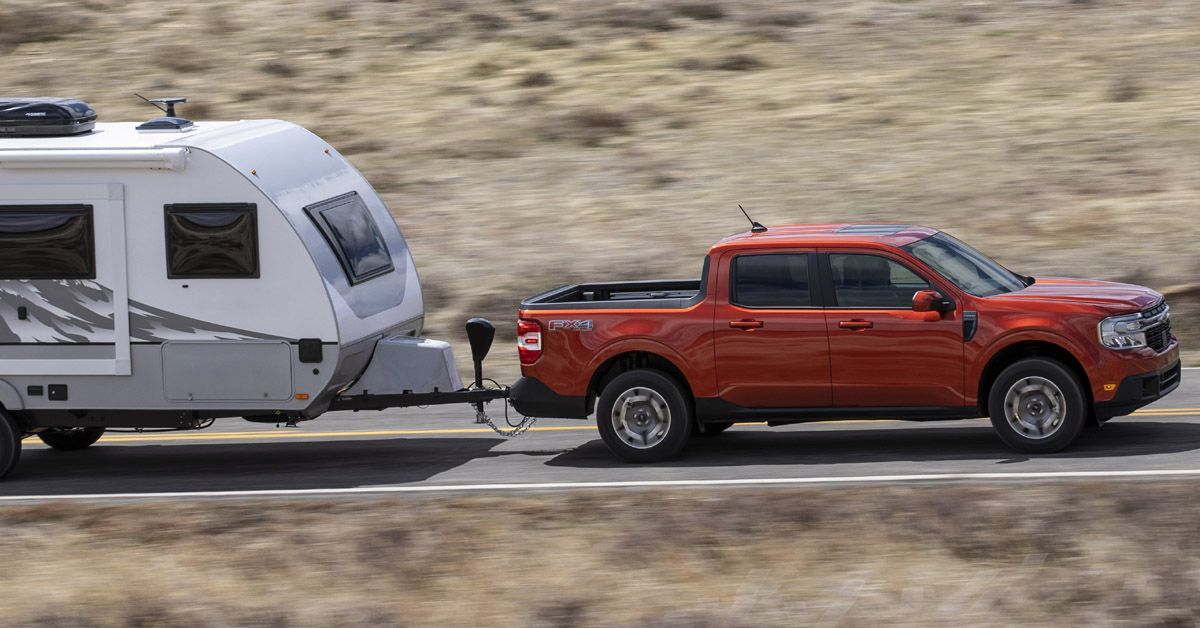
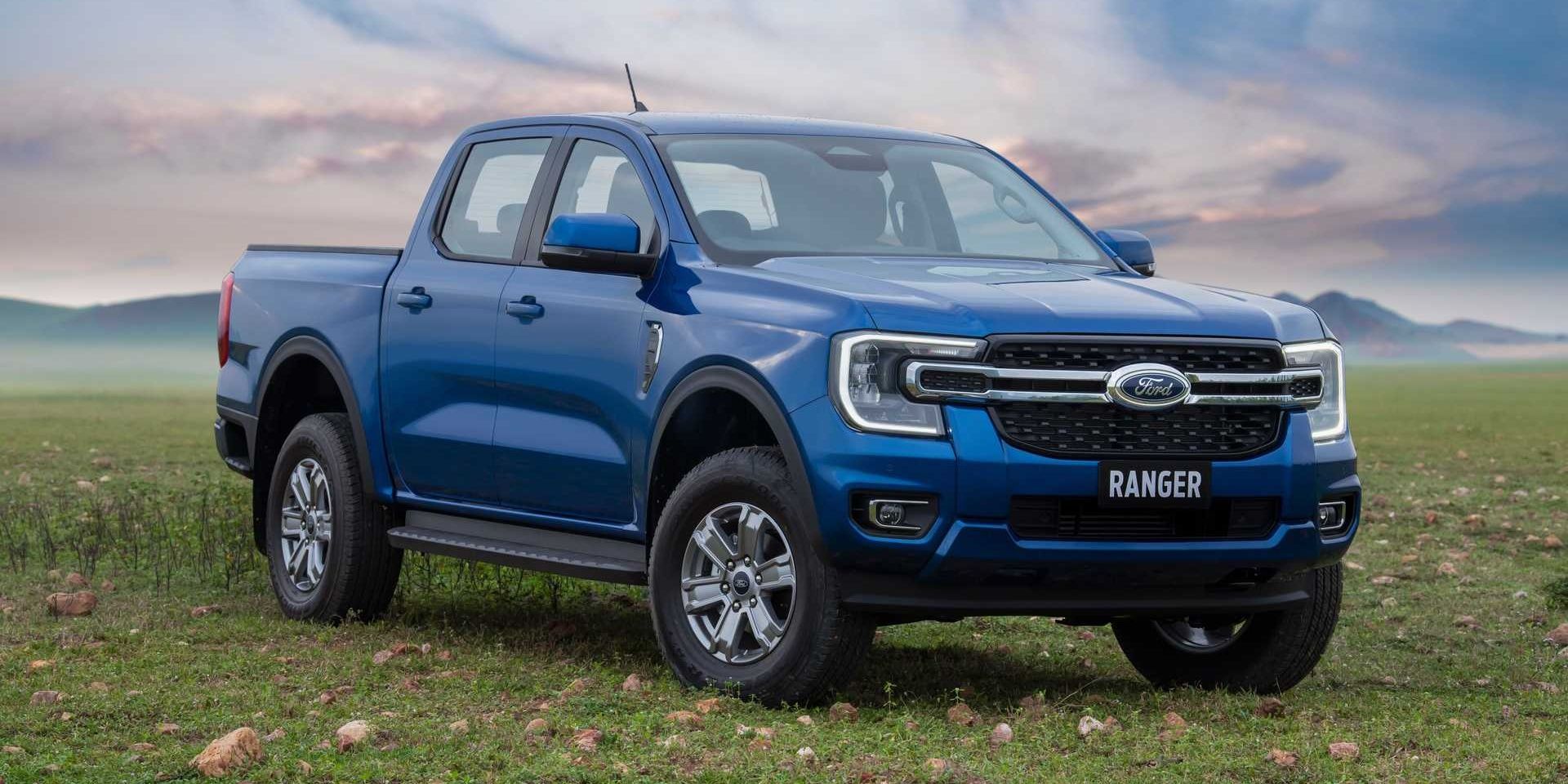
.jpg)
